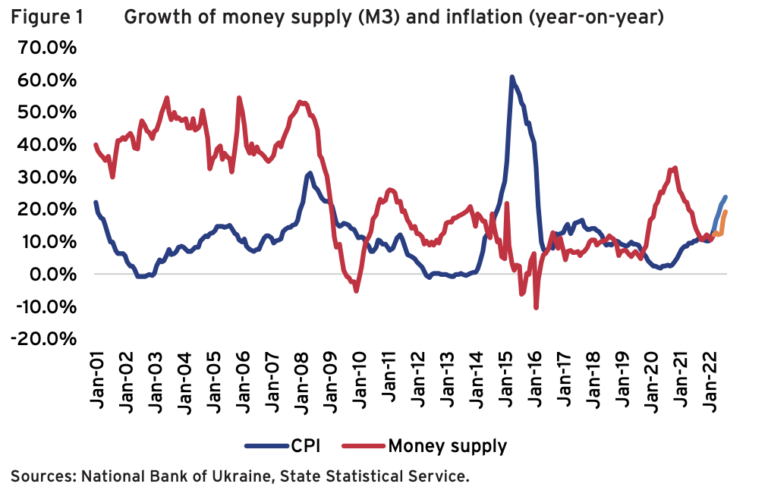
Financing Ukraine’s victory
There is a risk that Ukraine’s war effort may be undermined by inadequate external support, leading to excessive reliance on monetary financing, which would drive

There is a risk that Ukraine’s war effort may be undermined by inadequate external support, leading to excessive reliance on monetary financing, which would drive

Ukraine’s integration into the EU has many powerful advocates from the European Commission President to about 90% of Ukrainian people (Rating Group Ukraine, 2022). Certainly
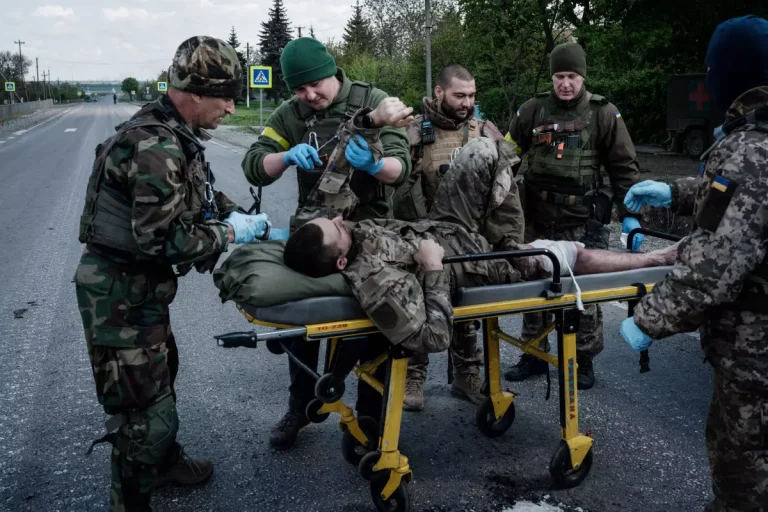
As economists specializing in behavioral economics and game theory, we teach strategic concepts from game theory to our business students. The same ideas can help us understand Russia’s current moves, predict its future behavior and derive the best strategies to achieve long-term goals.
By Anastassia Fedyk and David McAdams
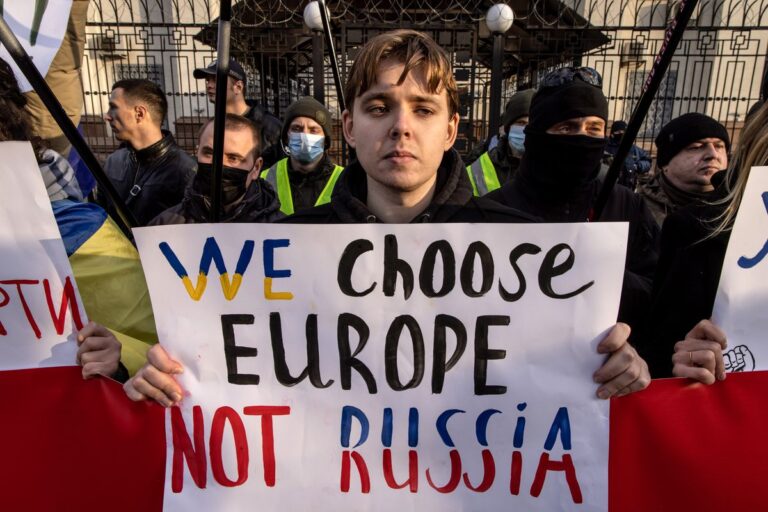
The free world – the “West”, but also democracies in Asia, Africa, and Latin America – must prepare for a future without Putin, a future where Russia justly loses its war of choice and aggression.
By Andrew Kosenko & Ilona Sologoub

The Lugano conference on the reconstruction of Ukraine was a ray of light in the darkness of death and destruction inflicted by the Russian army.
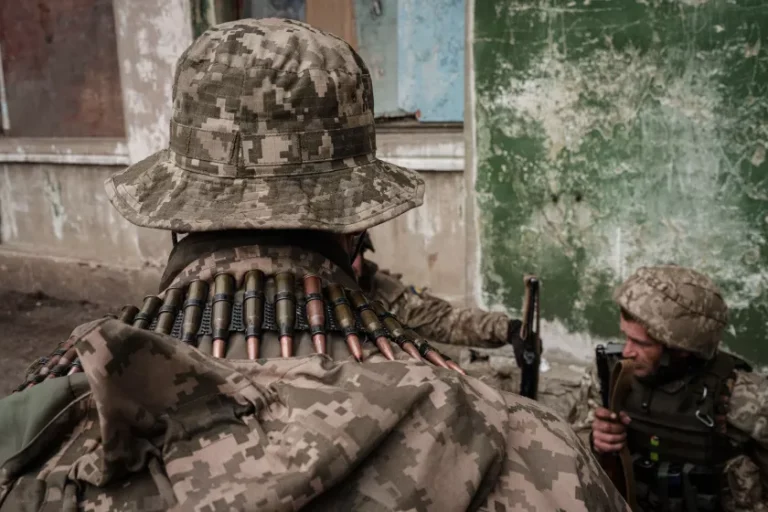
In any negotiation, strong positioning is the most important factor. Assistance from Ukraine’s allies would give Ukraine, the victim, more bargaining power to reach an outcome that might be acceptable. Those who focus on Ukraine making territorial concessions or blame the United States for expanding the war only weaken Ukraine’s bargaining position.
By Anastassia Fedyk
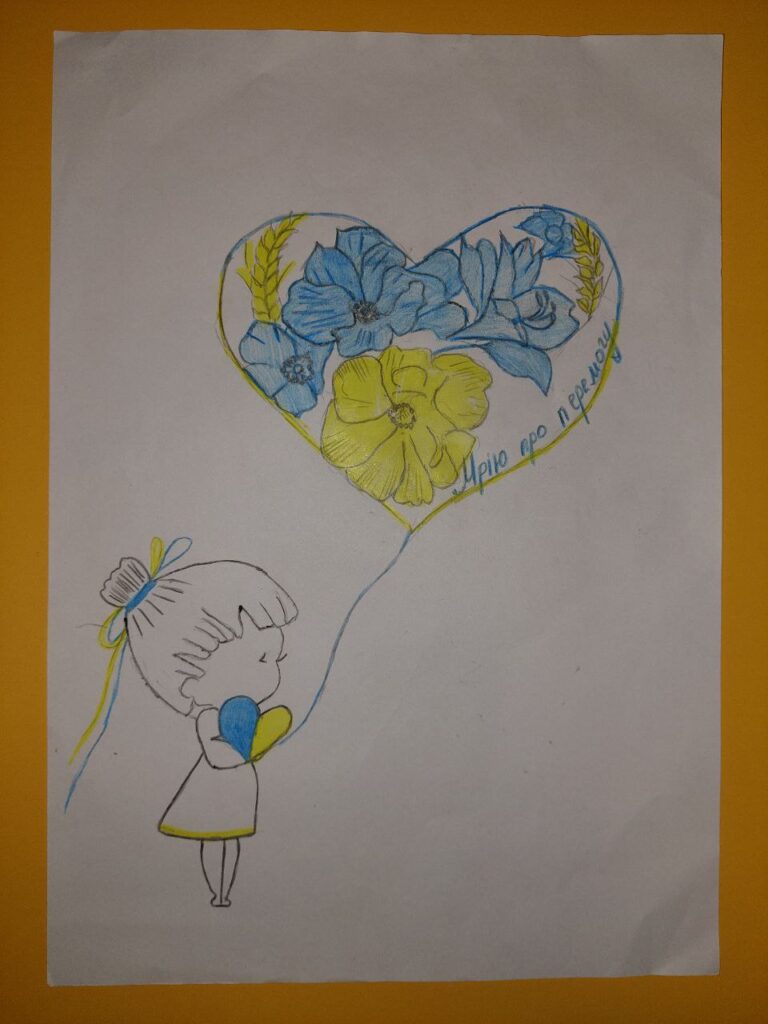
Many commentators have written in the last few weeks that there is no solution to the Russia-Ukraine war other than diplomacy. No one is opposed to diplomacy. However, the key question is what kind of a diplomatic solution do we want to reach?
By Ilona Sologoub, Anastassia Fedyk, and Yuriy Gorodnichenko

Even as the war in Ukraine continues, it is imperative to implement, post haste, a strategy to combat the substantial effects of the war on